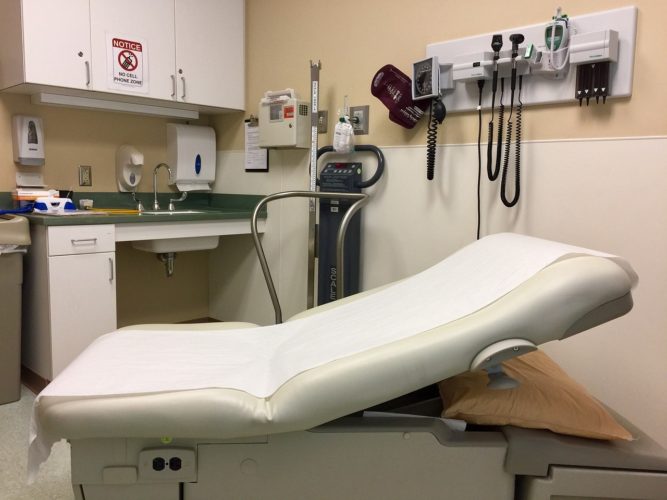Informed Consent and Medical Malpractice Claims
Continuing our series about medical negligence, this post looks at the doctrine of “informed consent” as it relates to health care providers. If a medical professional undertakes any procedure or course of treatment without obtaining informed consent from their patients, they may be liable for certain negative outcomes, even if the procedure is performed properly and without negligence.
What is informed consent?
Before a doctor or other medical professional can legally undertake any treatment of a patient, they must disclose any known material risks associated with that treatment generally, as well as any risks that may arise that are specific to the patient and their condition. Although they do not need to detail every possible risk, those potential outcomes which are extremely serious, or more than a mere possibility, should be disclosed. Patient specific risks rely on communication between doctor and patient, and the patient should be candid and honest about their health history and any other questions or concerns. Doctors should also disclose potential alternatives to the recommended treatment, and their corresponding risks.
A patient must have capacity to give consent. Very young children, mentally ill or incapacitated individuals may be unable to grant consent on their own behalf.
Claims against doctors for failure to obtain informed consent
In order to provide truly informed consent, a patient must have all necessary information that a reasonable person would require to make a decision about their own care. The information should be accurate, impartial, and true to the best of the doctor’s knowledge.
Where a treatment provider has failed to obtain informed consent, they may be liable for medical malpractice, even where the treatment or procedure in question was not performed negligently.
If a material risk was not disclosed, and resulted in damage, the patient may succeed in a claim where they can show that they would not have pursued the treatment in question had they known of the risk in advance.
Experienced medical malpractice lawyers in Greater Toronto
If you did not get a full and complete disclosure of material risks before undergoing treatment, or were given incomplete, inaccurate or biased information by your treatment provider, you may have grounds for a medical negligence claim. At Derfel Injury Law, our experienced lawyers can provide timely and practical advice about medical and other professional negligence matters, and help you determine whether to proceed with a legal claim.
You can contact us online or call 416-847-3580 to make an appointment.
